Trump Envoy Ric Grenell declares Pakistan must “FREE IMRAN KHAN.”
In a bold statement that has quickly gained international attention, Ric Grenell, the former U.S. Ambassador to Germany and special envoy under President Donald Trump, has called on Pakistan to “free Imran Khan.” The former prime minister of Pakistan, Imran Khan, has been at the center of a controversial political crisis following his ousting from office and subsequent imprisonment. Grenell’s intervention adds a new layer of international pressure on Pakistan’s government, and his comments have sparked both support and criticism globally. In this blog post, we will explore the reasons behind Grenell’s call, the political situation surrounding Imran Khan, and the potential implications of this high-profile diplomatic statement.
Why Did Ric Grenell Demand Imran Khan’s Release?
Ric Grenell is no stranger to outspoken comments on global political issues, especially when it comes to matters involving U.S. interests and international human rights. His call for Pakistan to free Imran Khan stems from several key factors, primarily related to the former prime minister’s controversial arrest and the political turmoil currently engulfing Pakistan.
- Imran Khan’s Political Persecution
Imran Khan, once the cricket star turned politician, was ousted as Pakistan’s prime minister in April 2022 following a no-confidence vote. His removal from office triggered widespread protests and significant political unrest throughout the country. Since then, Khan has faced a series of legal challenges and arrests, leading many of his supporters to believe that he is being persecuted for political reasons.Grenell’s statement highlights a broader narrative that Imran Khan is being unfairly targeted by the current Pakistani government. Many believe that Khan’s arrest and ongoing legal troubles are part of a political vendetta orchestrated by his rivals, including current Prime Minister Shehbaz Sharif and the military establishment, which wields significant influence in Pakistan’s political landscape.
- Global Support for Imran Khan’s Cause
Imran Khan has garnered substantial international attention and support, particularly from the West, where he is viewed as a charismatic leader with a vision for Pakistan’s future. His calls for greater independence from foreign powers, including the United States, and his policies promoting anti-corruption, economic reforms, and social justice have won him admirers. Grenell, a known ally of Khan’s, has been one of the most vocal voices in the international community calling for Khan’s release, framing it as a human rights issue and a matter of democratic principles. - The Role of the Military and Political Establishment in Pakistan
One of the core issues at the heart of Imran Khan’s downfall is his fraught relationship with Pakistan’s powerful military. Despite initially having the military’s backing during his rise to power in 2018, Khan’s tenure as prime minister became increasingly tense as he sought to assert greater civilian control over the military. This conflict eventually led to his removal from office and the crackdown on his political activities.Grenell’s remarks are not just a call for Khan’s release but are also a critique of Pakistan’s political system, which some critics argue is heavily influenced by military elites. By supporting Khan, Grenell is aligning with those who believe that Pakistan needs more democratic reforms and less interference from its military in civilian affairs.
Imran Khan’s Political Struggles and Legal Troubles
Imran Khan’s arrest in 2023 marked a dramatic moment in Pakistan’s political saga. The former prime minister was taken into custody on corruption charges, which many believe are politically motivated. His supporters argue that the charges are part of a broader effort by the current government and military to silence a popular leader who continues to rally large crowds and maintain significant political support.
Following his arrest, protests erupted across Pakistan, with Khan’s supporters demanding his release and decrying what they see as a miscarriage of justice. The arrest has also drawn condemnation from international human rights organizations, which have raised concerns over Pakistan’s political repression, the treatment of political prisoners, and the lack of a fair judicial process.
Khan’s legal challenges have been ongoing, and his imprisonment has sparked debates on the state of democracy in Pakistan. His party, Pakistan Tehreek-e-Insaf (PTI), has vowed to continue fighting for his release, and his supporters have mobilized both within the country and abroad to pressure the government for his freedom.
Grenell’s Influence and Relationship with Imran Khan
Ric Grenell, a prominent figure in U.S. politics and diplomacy, has long been an advocate for Imran Khan, dating back to when Khan was Pakistan’s prime minister. As Trump’s envoy, Grenell worked on several initiatives related to South Asia, including improving U.S.-Pakistan relations, and was known for his straightforward, often controversial, diplomatic style.
Grenell’s relationship with Khan appears to be rooted in mutual admiration and shared political goals. Khan’s push for greater autonomy from foreign powers, especially the United States, resonates with Grenell’s broader foreign policy approach, which emphasized a more “America First” doctrine. Additionally, Grenell’s support for Khan has been tied to his belief that Pakistan’s political landscape needs to be reshaped, especially when it comes to empowering democratic processes and limiting military influence.
Grenell’s recent comments on Khan’s imprisonment are a continuation of his longstanding support for the former prime minister. By publicly calling for Khan’s release, Grenell is using his platform to draw global attention to what he perceives as an abuse of power by Pakistan’s ruling establishment.
What Does This Mean for Pakistan’s Political Landscape?
Grenell’s statement is likely to have both short- and long-term implications for Pakistan’s political environment. While the U.S. has not been officially involved in the case of Imran Khan’s arrest, Grenell’s high-profile intervention could amplify international pressure on Pakistan’s government to reconsider its stance on Khan.
- International Pressure on Pakistan
As the first prominent international figure to openly call for Khan’s release, Grenell’s comments could encourage other foreign governments and organizations to speak out. The U.S. has historically had strong relations with Pakistan, but the country’s political crisis and the treatment of Khan have strained that relationship. This move could put additional pressure on Pakistan’s government to either release Khan or face growing criticism from the global community. - Impact on Pakistan’s Domestic Politics
Domestically, Grenell’s call for Khan’s release is likely to rally further support for Khan’s political cause, particularly among his base. The PTI, Khan’s political party, may use this as a rallying cry to mobilize both within Pakistan and abroad. Additionally, it could galvanize opposition parties to demand reforms in Pakistan’s political system, particularly with regard to the role of the military in politics. - Tensions Between Pakistan and Western Powers
If the U.S. continues to weigh in on Pakistan’s internal political issues, this could lead to heightened tensions between the two countries. Pakistan’s government may view Grenell’s remarks as an interference in its sovereignty, and any continued international calls for Khan’s release could undermine the government’s authority. On the other hand, Pakistan’s relationship with Western powers may shift as they weigh the human rights implications of Khan’s arrest.
Conclusion
Ric Grenell’s call for Pakistan to “free Imran Khan” is a significant moment in the ongoing political crisis in Pakistan. It highlights the international dimension of Khan’s legal troubles and the broader geopolitical ramifications of his arrest. While Grenell’s intervention may add pressure on Pakistan’s government, it also underscores the contentious nature of Pakistani politics, where power struggles between the civilian government, military, and opposition parties continue to shape the country’s future.
As the world watches how this situation unfolds, it is clear that Imran Khan’s political journey is far from over, and his fight for freedom has become a symbol of resistance against political persecution. Whether or not Pakistan heeds the calls for his release remains to be seen, but the global spotlight on his case is unlikely to fade anytime soon.
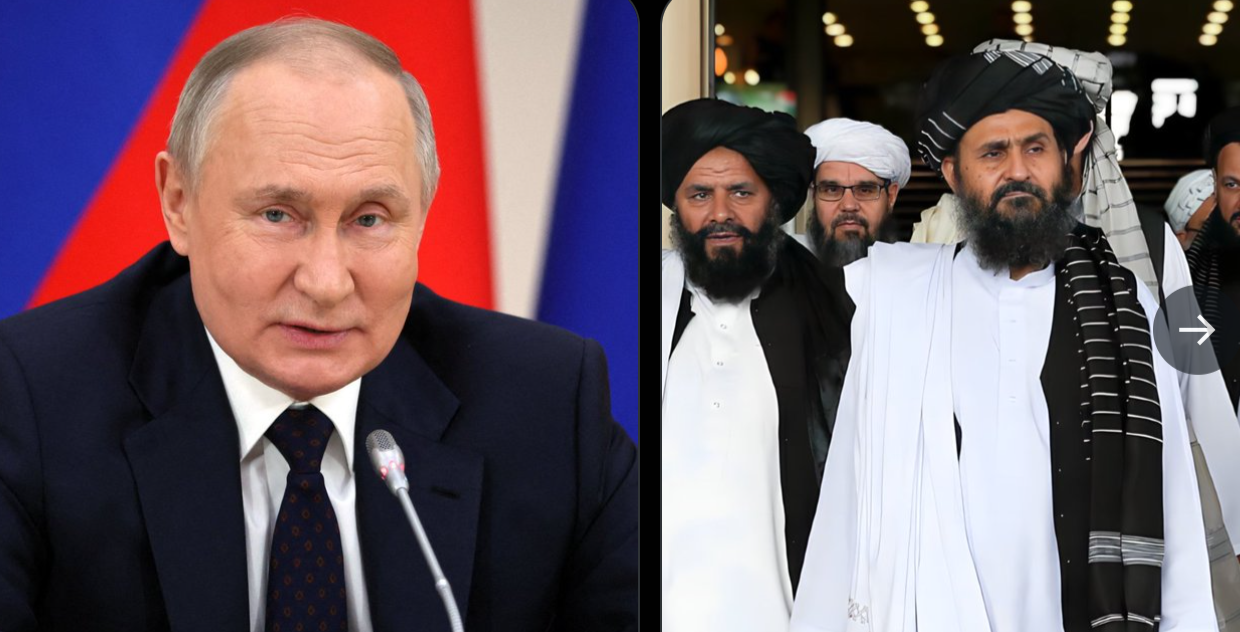


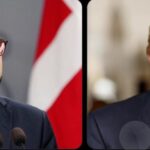
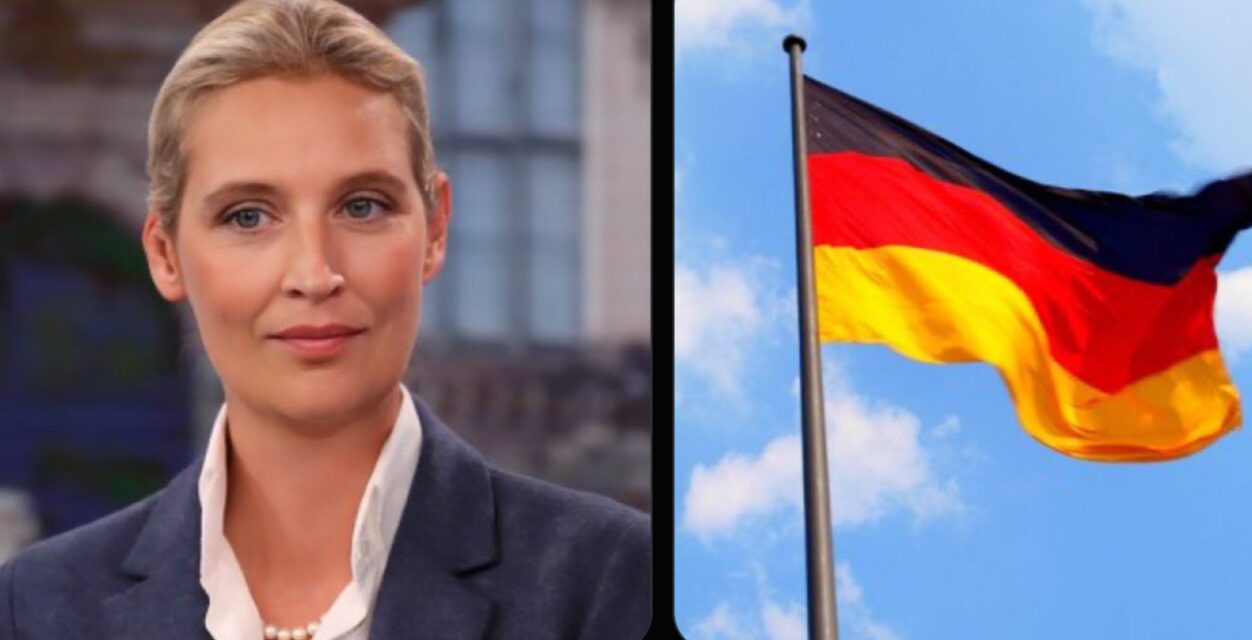
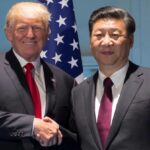

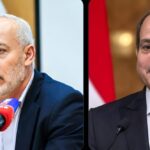
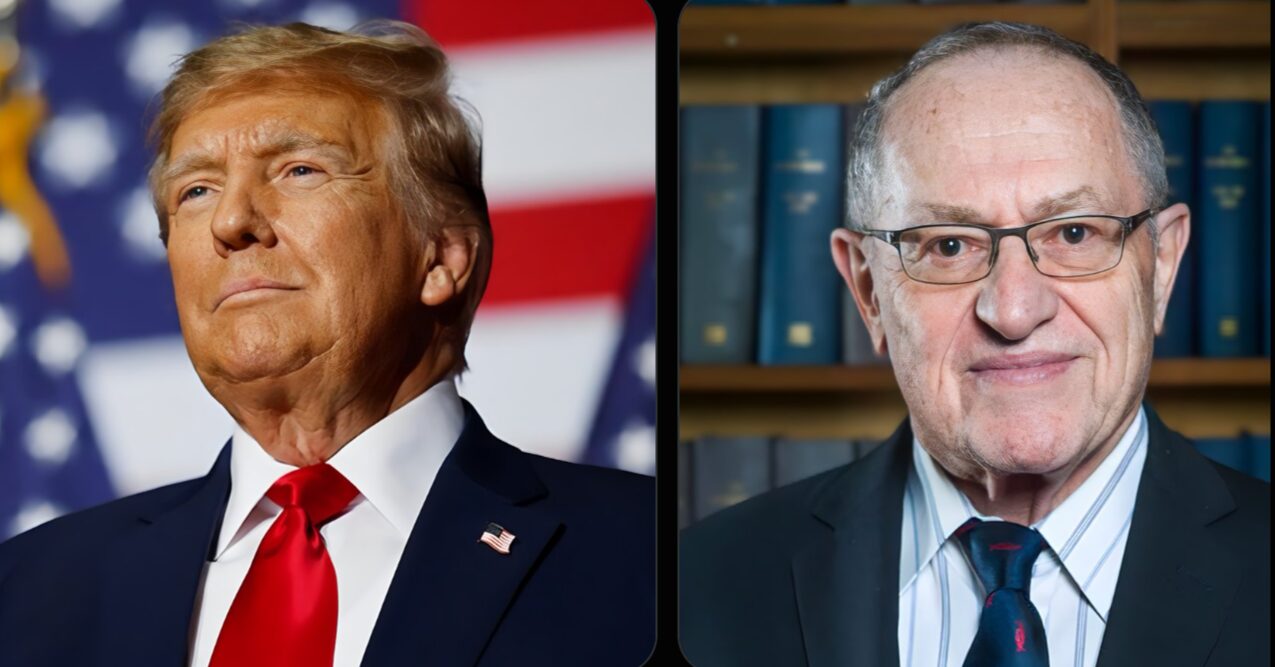








Post Comment